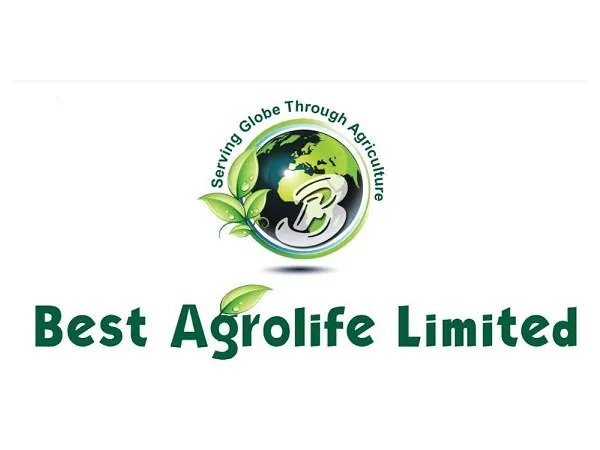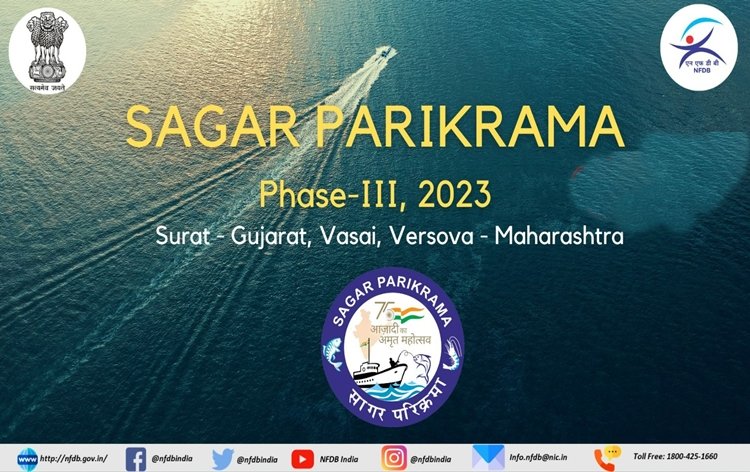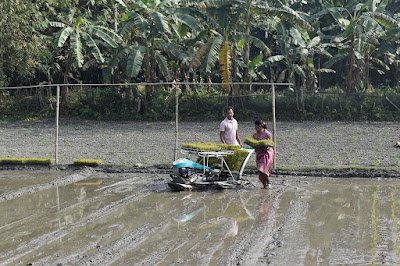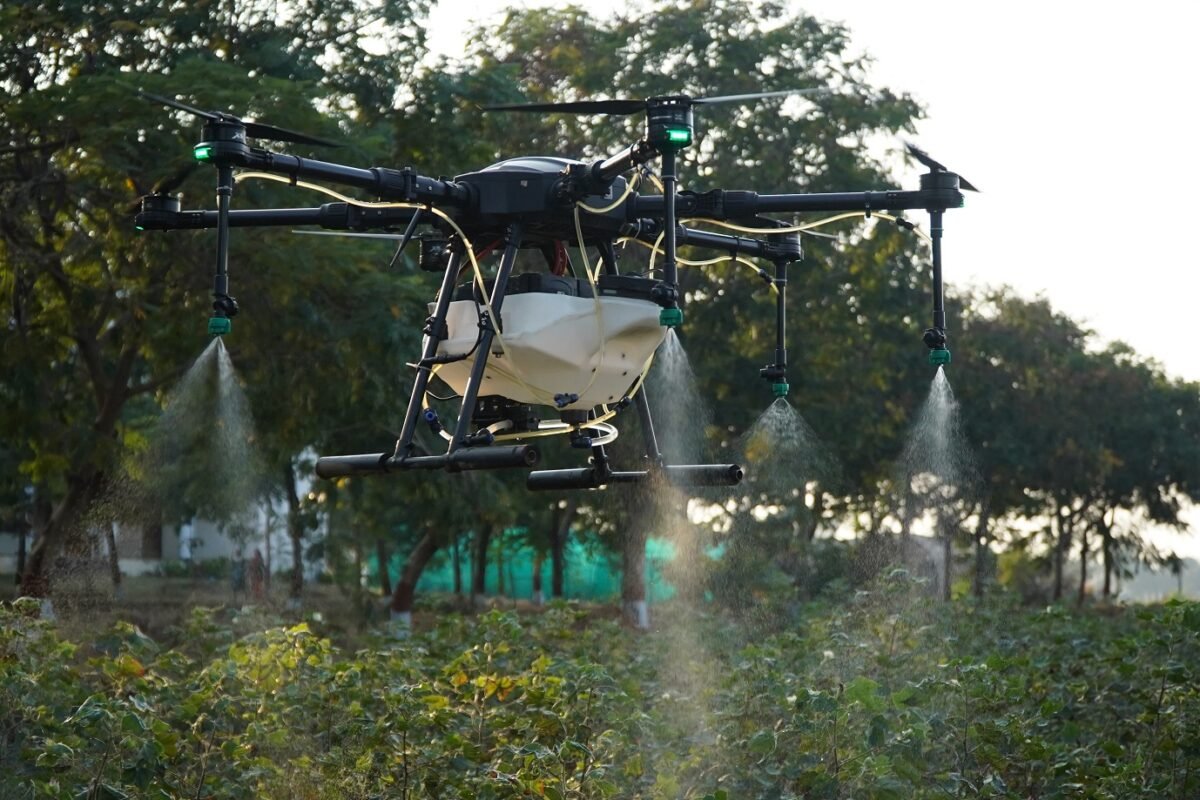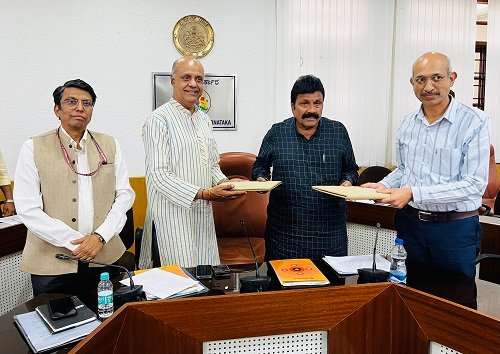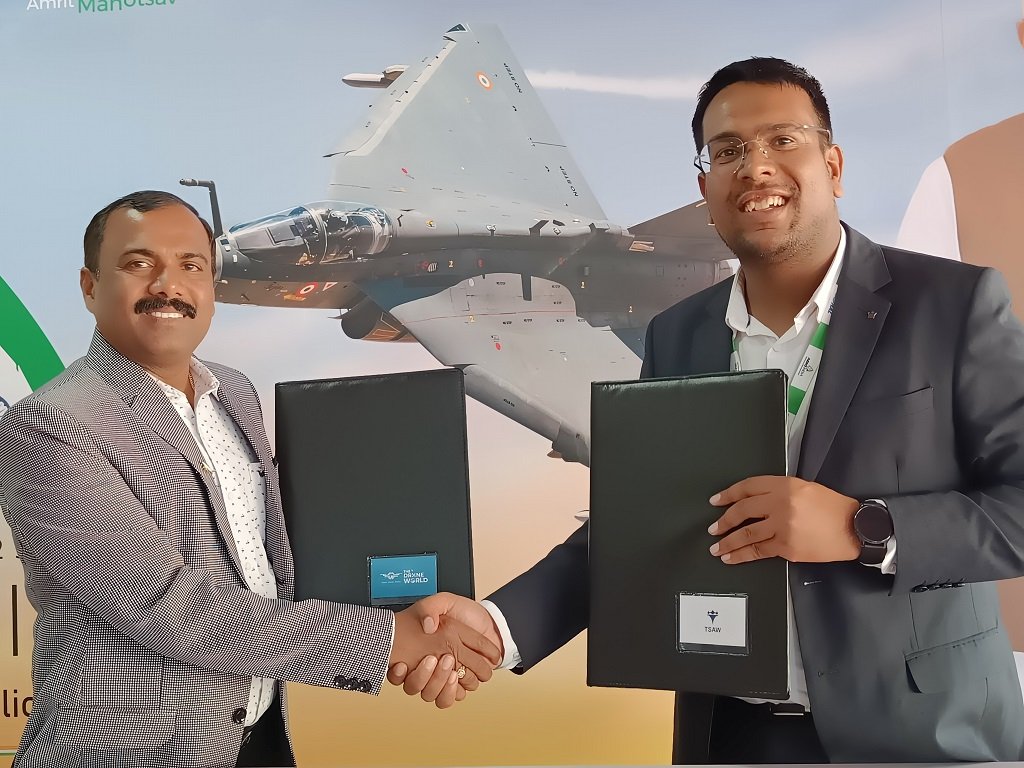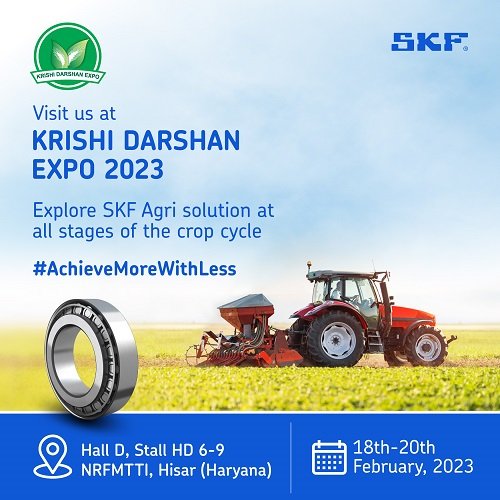Together with the Center, the States should focus on the progress of small farmers – Tomar
Union Agriculture Minister chairs the National Conference on Agriculture for Zaid Campaign-2023
Narendra Singh Tomar, Union Agriculture and Farmers Welfare Minister chaired the National Conference on Agriculture for Zaid (Summer) Campaign-2023 in New Delhi. On this occasion, Tomar said that India is in a very good position in terms of food grains production and this has been achieved due to the farmer-friendly policies of the government under the leadership of Prime Minister Narendra Modi, tireless hard work of farmers and novel research by agricultural scientists. But at the stage where India is today, we cannot sit on our laurels, production should be scaled and on the basis of minute planning, such meaningful results should come out so that in the Agriculture sector, besides meeting the continuous supply of our domestic needs, we can successfully fulfil the world supply demands.
Tomar said that everyone should consider adopting other available alternatives to chemical fertilizers, – nano urea and biofertilizer. About 2.5 lakh crore rupees are being incurred annually on fertilizer subsidies. Apart from saving this amount, healthy products can be done and individual health can be ensured. Due to awareness campaigns, the cultivation area under organic and natural farming is increasing. States should focus on the progress of small farmers through measures like Pradhan Mantri Kisan Samman Nidhi launched by Prime Minister Modi. Krishi Vigyan Kendra and ATMA should work together at the district level to bring about rejuvenation, the State Governments should draw their annual plans for the Agriculture sector and consider how they can make good use of the Central Government schemes for the interest of the farmers. Agriculture and allied Departments/Ministries and States together make up Team India, which should further strengthen the Agriculture sector. He said that Summer Crops are important, which also helps in increasing the income of small farmers. Tomar said that the benefits of the schemes should reach the small farmers by making proper use of the Government funds. The government is also working on the Digital Agriculture Mission, in which cooperation of the States is necessary.
Union Agriculture Minister chairs the National Conference



